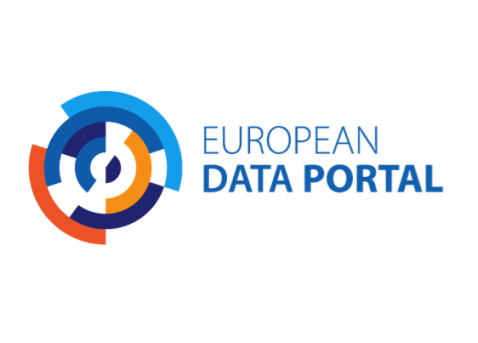Release of the final version of European Data Portal
Fecha de la noticia: 25-02-2016

The European Data Portal was launched at the European Data Forum, held in Luxemburg. On 18 February, the final version of the portal went live, as the version before was a beta one. This paneuropean infrastructure makes available the information published by public administrations from the member states of the EU+28, including information about the provision of data and the benefits of re-using data.
Nowadays, European Data Portal has over 418.000 datasets harvested from seventy European catalogues and structured in thirteen categories: agriculture, energy, transport, economy, justice and environment, among others. Together with thematic filtering, data can be filtered by language, format, licence or tags. Apart from data search, the project includes three specific sections:
- Providing data: open data handbook, guidelines to harvest data and eLearning programme on the portal.
- Using data: benefits of re-using public sector information, checklist about using data and case practices.
- Library: eLearning modules on open data, guidelines and archive of initiatives and material on open data.
This project tends to bring down the barriers to one of the three pillars of Digital Single Market in EU: maximizing the potential growth of digital economy. According to Microsoft report, Big & Open Data in Europe: A growth engine or a missed opportunity, the economic potential of open data is estimated at 1.9% of EU28+ GDP by 2020 and, between 2016 and 2020, the PSI re-use market is expected to increase by 36.9%, to a value of 75.7 bn EUR.
Apart from the economic potential of open data, opening up the information also impacts positively in public sector performance. In fact, data re-use may represent cost savings for the EU28+ in four years equal to 1.7 bn EUR. Thanks to European Data Portal, the different agents have real-time access -regardless of the location- to datasets published in the European catalogues, in order to create value added solutions and services for society. In fact, European Commission’s report Creating value through Open Data shows that the re-use of data has the potential of saving 7000 lives a year by providing better health response, reducing the energetic consumption up to 16% and decreasing road fatalities about 5.5%.
The European Data Portal will not only help governments and public administrations open up the information, but will be an incentive for European data economy and digital single market; at the same it boosts social welfare and fosters a broader collaboration among member states of UE+28.











